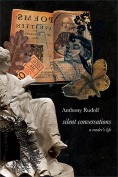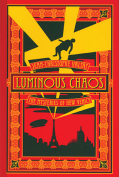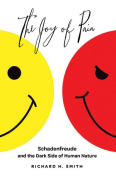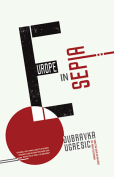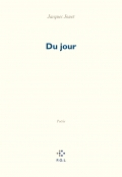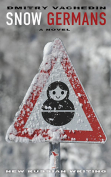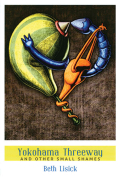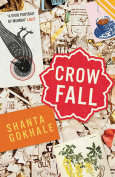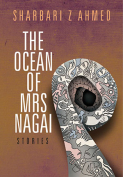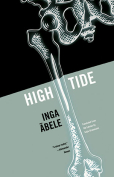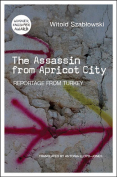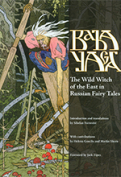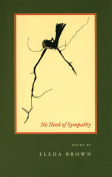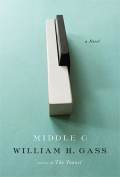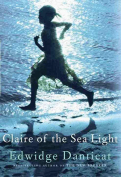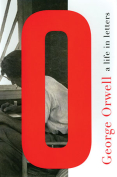Du jour by Jacques Jouet
Paris. P.O.L. 2013. ISBN 9782818019733
 Jacques Jouet’s latest book of poetry responds in key ways to a work that appeared fifteen years ago, Navet, linge, œil-de-vieux (1998). The dimensions of that latter collection, 938 pages in three volumes, were imposing ones, just like those of Du jour; and once again the appearance of a book like this underscores the courage of Jouet’s publisher, the Editions P.O.L, coming as it does when poetry is such an embattled cultural commodity. Yet the most striking similarity of these two works is that both of them put on display Jouet’s commitment to the principle of poetry as a daily practice, as a gesture profoundly interwoven in the fabric of ordinary life.
Jacques Jouet’s latest book of poetry responds in key ways to a work that appeared fifteen years ago, Navet, linge, œil-de-vieux (1998). The dimensions of that latter collection, 938 pages in three volumes, were imposing ones, just like those of Du jour; and once again the appearance of a book like this underscores the courage of Jouet’s publisher, the Editions P.O.L, coming as it does when poetry is such an embattled cultural commodity. Yet the most striking similarity of these two works is that both of them put on display Jouet’s commitment to the principle of poetry as a daily practice, as a gesture profoundly interwoven in the fabric of ordinary life.
Beginning in the early 1990s, Jouet resolved to write a poem a day “until the end of my own days,” as he puts it here, whatever other writing projects might engage him on any given day. The first of those experiments involved poems each addressed to one specific reader and sent to that reader in the mail. Thus, where many poets might dream of being read by millions, Jouet’s wager was more modest: each of his poems would be read by at least one person, but that person would be deeply and immediately engaged in his or her reading. Other kinds of experiments followed: poems inspired by accounts of events in daily newspapers, poems involving portraits of individual people, poems addressed to the subscribers of Navet, linge, œil-de-vieux, and so forth.
Chronicling Jouet’s labors from 1994 to 2000, Du jour leaves the impression of an artist exceptionally devoted to his craft, one, moreover, whose attitude with regard to that craft is refreshingly matter-of-fact. Rebutting the notion of inspiration, and refusing the kinds of obscurantism in which poetry is often wrapped, Jouet insists instead that poems need not be produced in absolute agony: “Composing verses / I don’t shed drops / of blood or sweat.” Such a stance with regard to literature and its conditions of possibility, materially evinced again and again in this collection, has liberating implications for writers of any sort—and for readers, too.
Warren Motte
University of Colorado
